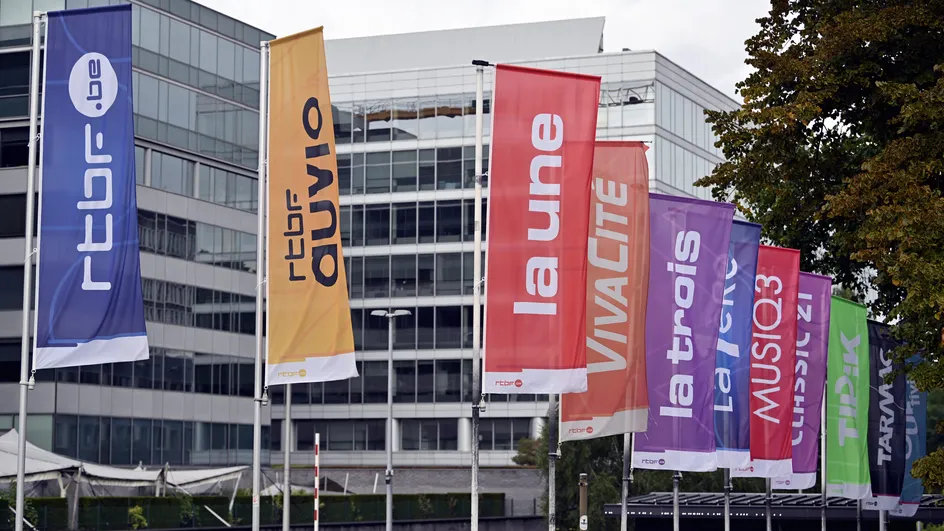Every day, the correspondents’ club describes how the same current event is illustrated in two countries.
In the United Kingdom, the debate rages around the amount of the audiovisual license fee. This annual tax currently amounts to 181 euros per household. It will not move until next year since the government of Boris Johnson had decided to freeze it until 2024. In a country where inflation exceeds 13% over one year, this greatly complicates the life of managers of public broadcasting. A rise would go down very badly in public opinion.
Among the conservatives, some demand the outright abolition of this tax in favor of public broadcasting. The “Beeb” as it is called here is regularly criticized by the current majority.
The 100-Year-Old BBC is Struggling Financially
The BBC has just cut 382 jobs in its overseas service. It also announced more regional programs for the sake of economy. The BBC justifies these choices by a need to develop its digital offer. The stakes of an increase in the fee are colossal and political. General elections will be held next year. The current majority, struggling in the polls, is seeking to increase its popularity with a population that is suffering financially.
The Context is Different For The Belgian Public Audiovisual Group RTBF
The RTBF Radio-Television of the French Community of Belgium is now called RTBF BBB to mark its anchoring in new technologies. It effectively reaches its audience despite dual competition from the private Belgian media and the much-watched French television channels across the country. If we add the Walloons and the people of Brussels, RTBF reached a daily average of two million viewers out of a French-speaking audience estimated at 5 million. RTBF is made up of five hertzian radio stations, including a generalist, a classic, a young adult and a proximity one, plus four web radios and five television channels, with the addition of a digital platform called Audio, which provides access to the entire offer largely free of charge, except for rewatching episodes of series that have already been broadcast, for example.
RTBF Remains a Reference in Terms of Information
Even if it does not have all-news channels like franceinfo and although a private all-news television channel appeared four years ago, RTBF remains a reference in terms of information. The 7:30 p.m. newscast, for example, has an audience of nearly 26%. There is also a very strong RTBF audience for sport, in particular the Tour de France and Belgian football. Belgians no longer pay royalties. Drawn from public funds, RTBF benefits from an annual allocation of approximately 300 million euros. Between this and revenue from advertising or internal productions, RTBF has managed to generate a positive net result for more than 17 years. The accounts are in the green with, for example, 4.5 million euros of positive results in 2021.
This article is originally published on francetvinfo.fr


